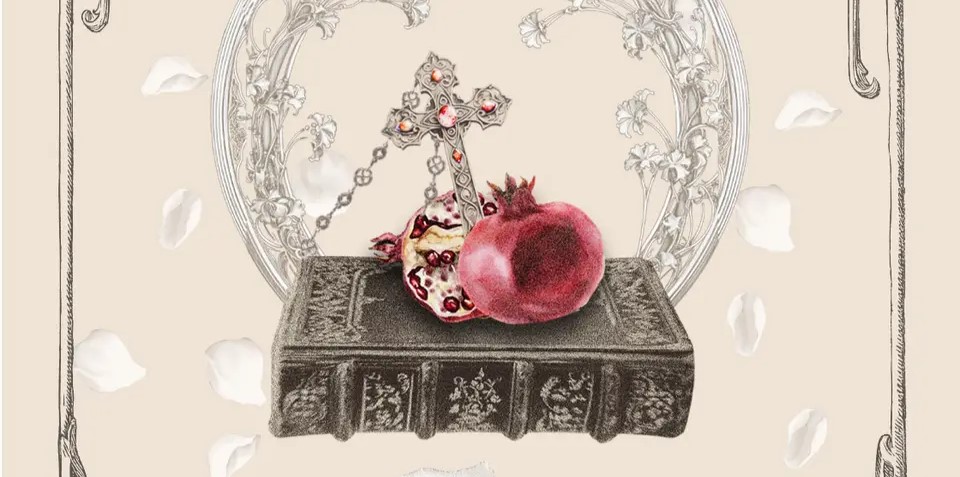I Had No Complaints About This Marriage - Chapter 3
“What the hell are you talking about?”
“A lazy, vain, materialistic wife who tosses her marital duties straight into the trash.”
Roger, sitting across from Herman in the reception room after a long absence, gave a blunt reply.
“Wake up from your delusions. You’ll never find a wife like that. Maybe a well-bred, modest one—but not that.”
“……”
“Besides, out of all the women you’ve slept with, not a single one actually wanted to marry you.”
“That’s ridiculous.”
“They all saw you as a fun fling, not a serious prospect. Because you’re a Telloien.”
“And what does that matter? I said I want to be disowned.”
“Be reasonable, Lord Herman Telloien.”
Roger shrugged coldly after delivering his verdict.
“What did the Telloiens—the family even the imperial family wouldn’t dare slap—do to you to make you like this?”
“Are you seriously asking?”
“You’re not losing wealth or status. Political marriages are what all nobles do.”
Herman’s expression darkened immediately.
“And if you were told to marry a six-year-old, you’d be disgusted too, wouldn’t you?”
Even now, the ducal house stood at the absolute peak of imperial power—a family whose influence remained unchallenged.
A century ago, their influence had grown so vast it threatened the imperial throne itself. Their wealth, their privileges, their sense of privilege—all were unmatched. There was even a saying: “All the empire’s blue blood flows back to the Telloiens.”
To maintain that privilege, they only intermarried with families of equal standing. Sometimes, that meant princesses or duchesses from foreign kingdoms. The fact that they arranged marriages even the imperial family would struggle to secure spoke volumes about their status—no further explanation needed.
Herman’s misfortunes, as a member of such a family, were twofold.
First, due to childhood illness, he spent his formative years recuperating in a relatively free-spirited republic abroad. As a result, his values diverged slightly from those of his kin, who were steeped in the privilege ingrained in their bloodline.
And second, noble families had no daughters left who matched both his age and status.
“How many years has it been now? Even the gods must be indifferent.”
“The noble boys born in the last few years will have it quite rough.”
In the decade surrounding Herman’s birth, the empire—and even neighboring kingdoms—suffered a severe drought of noble-born girls. It was as if someone had cast a curse; boys were born in numbers that far surpassed girls.
The few highborn girls who were born were mostly claimed by imperial and royal families. Desperate for brides, high-ranking noble houses settled for daughters from lesser families. The Telloiens, too, were forced into emergency measures.
“Your Grace… It might be time for the young lord to consider betrothal…”
“Count Seluk has a daughter of suitable age, I hear.”
“What of Baron Inkel’s daughter?”
But the Telloiens were far too proud for that.
“You expect the heir of House Telloien—the family that could make even birds fall from the sky—to discuss marriage with mere barons and counts?”
“……”
“People would laugh. They’d say the Telloiens’ prestige is dead.”
The Duke’s words carried weight. In truth, the Telloiens’ influence had begun to wane—not due to any fault of their own, but because republics were rising abroad, weakening aristocratic power everywhere.
Yet the Duke reacted sharply to this shift. To him, securing a prestigious match for his child was a battle of lifelong pride.
Of course, there were still families eager to claim Herman.
Born with a golden spoon in his mouth, the child was shrewdly brilliant, and as if to prove the chaos caused by his childhood illness had been needless worry, he grew into a strong and robust man.







